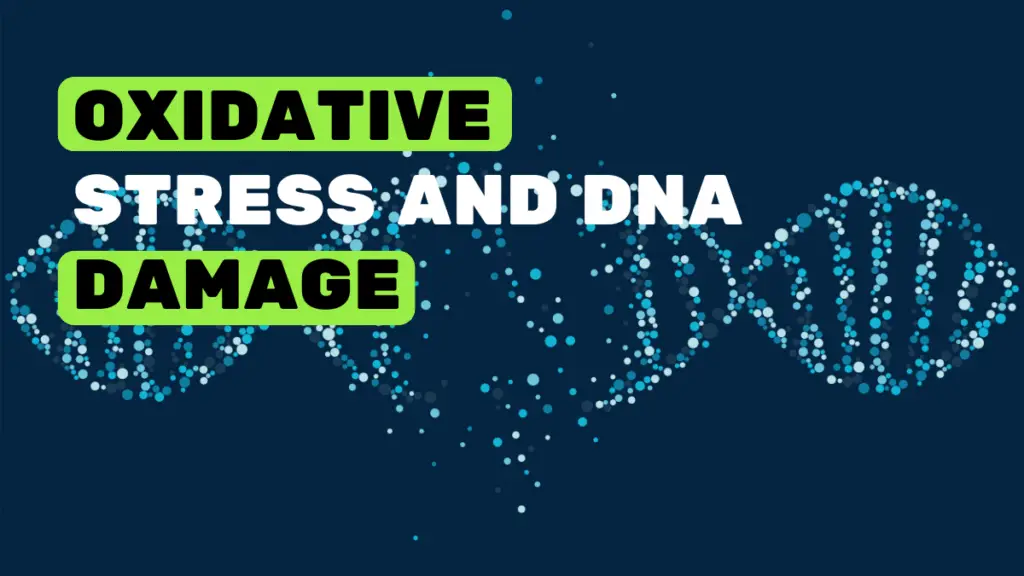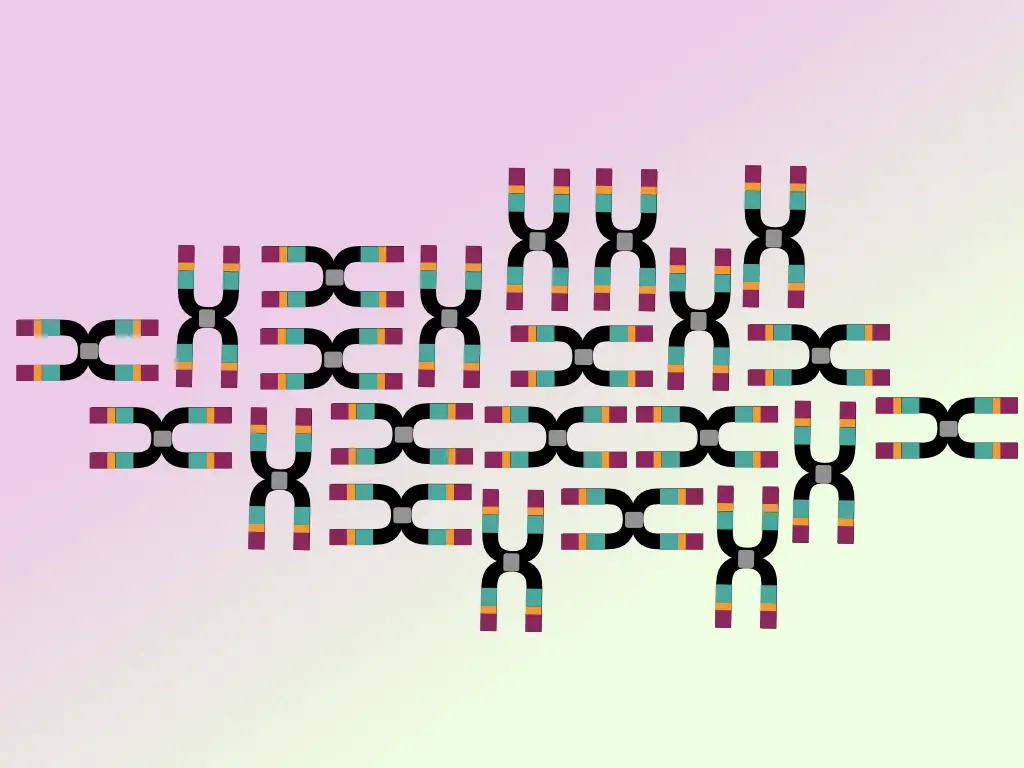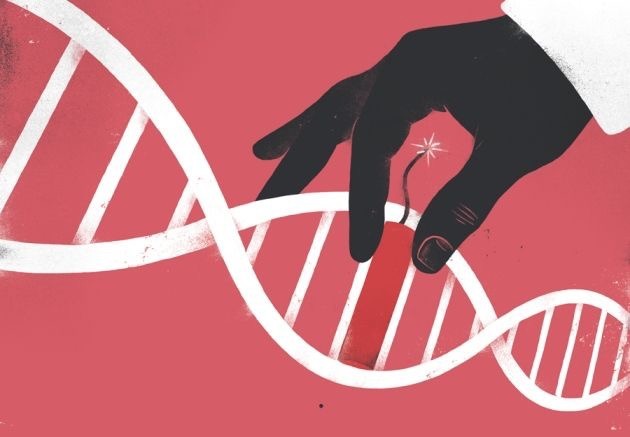We deal with stress every day, and no, I am not just talking about the mental stress, but the invisible stressors our body has to deal with.
Our lifestyle habits include smoking, drinking alcohol, and a sedentary lifestyle. Not just this, the air we breathe in crowded cities, the processed food we eat, even the contaminated water we sip unknowingly.
Read more: How Regular Exercise Benefits Your Genetic Health.
When our body is exposed to these invisible toxins, over time, this daily encounter with toxic compounds triggers something harmful called oxidative stress. Want to know more?
In this article, we will learn about oxidative stress and how it causes DNA damage.
Key Topics:
What is oxidative stress?
Oxidative stress is not about feeling tired or sleepy. It is a biological problem our body battles. Let us understand what exactly is oxidative stress…….
Cells undergo oxidative stress when they generate higher levels of reactive oxygen species (ROS), which damage proteins, lipids, cell membranes, and, importantly, genetic material.
Oxidative stress is when free radicals outnumber the body’s ability to neutralise them. Essentially, it occurs when our body produces excessive free radicals, tiny, unstable molecules, and lacks sufficient antioxidants to counteract them.
When left unchecked, free radicals damage our DNA, causing mutations and breaks that cells may struggle to repair.
This process is not visible to our eyes, but it is quietly causing harm to our overall health. It drives ageing, fuels chronic diseases, and can even increase the risk of cancer.
Our cells generate energy every second to keep us alive. During this process, they also produce byproducts known as free radicals, like reactive oxygen species (ROS). To neutralise these free radicals, our body has a strong defence system, which is antioxidants.Oxidative stress occurs when free radicals outnumber antioxidants and disrupt their balance.
A number of external and internal factors, such as pollution and air toxins, processed food, drugs, alcohol, smoking, mental stress, inflammation inside the body, and even natural ageing, trigger oxidative stress.
Read more: India’s Top 5 Genetic Breakthroughs of 2025.
How does oxidative stress damage our DNA:
The free radicals generated are highly reactive molecules. When they come in contact with DNA, they cause DNA strand breaks, cross-linkage, and can also alter DNA bases.
Normally, our body’s DNA repair system efficiently fixes damage, but persistent stress can cause damage to accumulate beyond what the repair system can handle.
When the damage is left unrepaired, it can lead to mutations, cell death, cellular dysfunction, cancer development, and accelerate ageing.
Several studies have focused on oxidative stress damaging the DNA. For instance, a study published in Free Radical Biology and Medicine explains how oxidative stress damages DNA. It also discusses why this damage plays a vital role in mutagenesis, carcinogenesis, and ageing. Free radicals are produced by normal cellular metabolism, as well as by external factors we have already discussed. These free radicals react with cellular biomolecules such as DNA.
The paper highlights that when highly reactive species like hydroxyl radicals bind to DNA, they cause modifications in bases, sugar residues, and DNA-protein cross-links. And this type of damage can result in mutations.
One of the most studied markers of DNA damage through oxidative stress is 8-OHdG, a product formed by the oxidation of guanine and has been linked to cancer development.
The bottom line is that oxidative stress serves as the bridge between daily stress exposures and DNA damage.
Wrapping up:
Oxidative stress is like an invisible enemy that forms through our lifestyle choices. We cannot stop the generation of free radicals, but what we can do is we can stop the habits or things that cause this type of stress to our DNA.
Our lifestyle choices matter a lot. If we opt for healthy choices like regular exercise, a healthy diet, and natural detox whenever possible, we can help our DNA and protect our genetic health from this invisible enemy.
Resources
“Oxidative Stress – an Overview | ScienceDirect Topics.” Www.sciencedirect.com, www.sciencedirect.com/topics/medicine-and-dentistry/oxidative-stress.
Wei, Yongjie, et al. “PM2.5 Constituents and Oxidative DNA Damage in Humans.” Environmental Science & Technology, vol. 43, no. 13, 1 Apr. 2009, pp. 4757–4762, https://doi.org/10.1021/es803337c.


